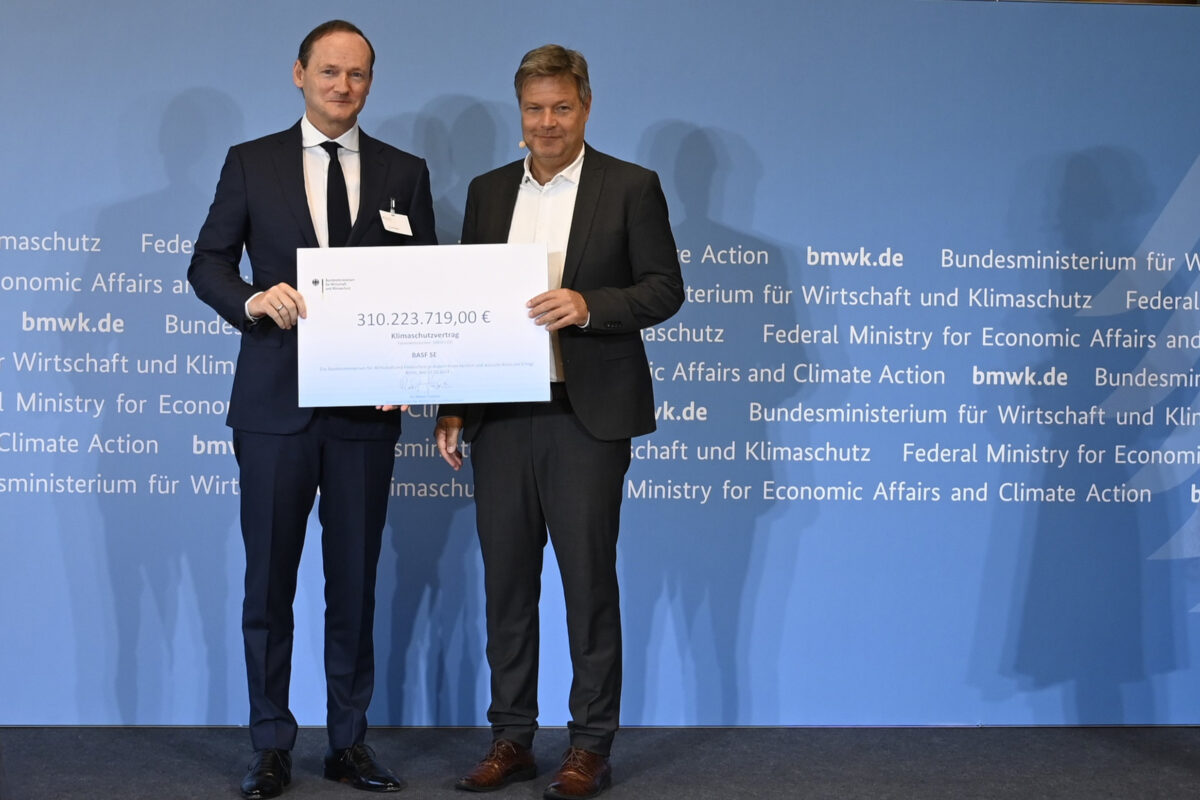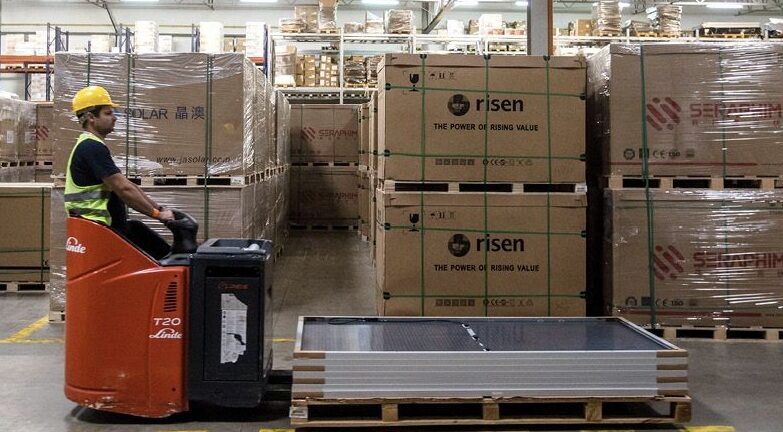The German Federal Ministry for Economic Affairs and Climate Action is providing German chemical company BASF up to €310 million ($336 million) for the construction of an industrial heat pump billed as the world’s most powerful to date.
The planned heat pump will have a capacity of up to 500,000 metric tons of steam per year. It will use waste heat, generated during the cooling and cleaning of process gases in one of the two steam crackers at BASF’s Ludwigshafen site in western Germany, for CO2-free steam production.
Most of this steam will be used in the production of formic acid, with some supplied to other BASF production plants via the steam network on site.
Following the funding approval, BASF now plans to begin the preparatory construction work, with construction scheduled for the first quarter of next year. The plant is scheduled to be commissioned in 2027.
“Incorporating new technologies into our chemical production processes is one of the key components of the green transformation at BASF,” said Markus Kamieth, Chairman of the Board of Executive Directors of BASF SE. “And our heat pump even has a unique selling point: the planned plant will be the first of its kind to be used for steam generation – there are no comparable industrial pilot projects anywhere in the world.”
BASF says the heat pump has the potential to reduce greenhouse gas emissions by up to 98%. It has set a target of achieving net-zero CO2 emissions by 2050.
This content is protected by copyright and may not be reused. If you want to cooperate with us and would like to reuse some of our content, please contact: editors@pv-magazine.com.




By submitting this form you agree to pv magazine using your data for the purposes of publishing your comment.
Your personal data will only be disclosed or otherwise transmitted to third parties for the purposes of spam filtering or if this is necessary for technical maintenance of the website. Any other transfer to third parties will not take place unless this is justified on the basis of applicable data protection regulations or if pv magazine is legally obliged to do so.
You may revoke this consent at any time with effect for the future, in which case your personal data will be deleted immediately. Otherwise, your data will be deleted if pv magazine has processed your request or the purpose of data storage is fulfilled.
Further information on data privacy can be found in our Data Protection Policy.